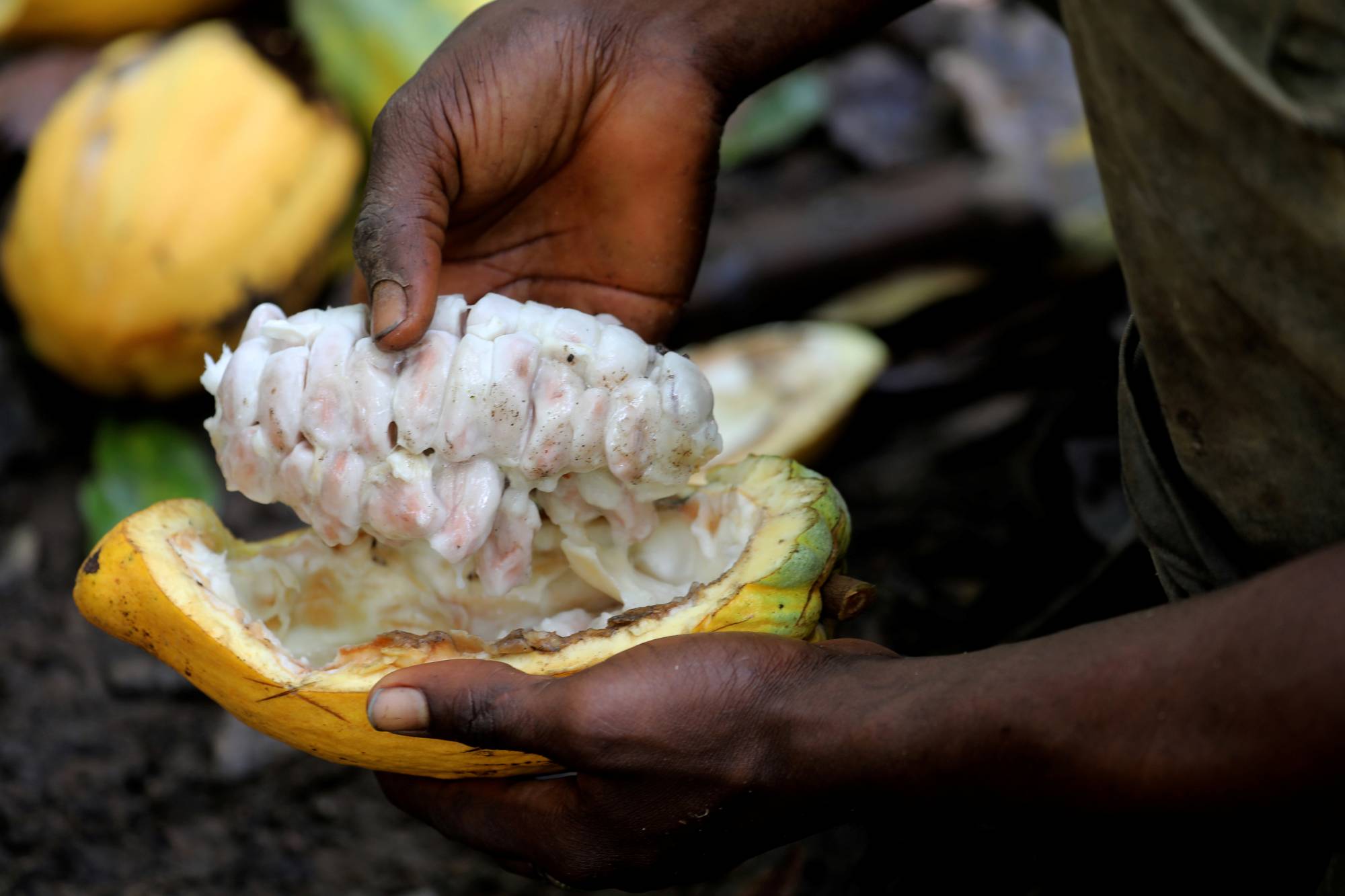Some in the world’s chocolate markets see the hefty premium charged by the largest cocoa producers as a blunt instrument wielded by the OPEC of confectionery — the tool of a faraway cartel that artificially inflates the price of a precious commodity.
But to the leaders of the Ivory Coast and Ghana, where most of the world’s cocoa is actually produced, the argument is something else entirely: a lifeline for farmers who would otherwise be held hostage by raw-material giants.
Now those competing viewpoints — globalization as seen in a chocolate bar — have collided in spectacular fashion, thrusting the normally secretive machinations of some of the world’s biggest chocolate companies, cocoa traders and processors into rare public view.

















With your current subscription plan you can comment on stories. However, before writing your first comment, please create a display name in the Profile section of your subscriber account page.